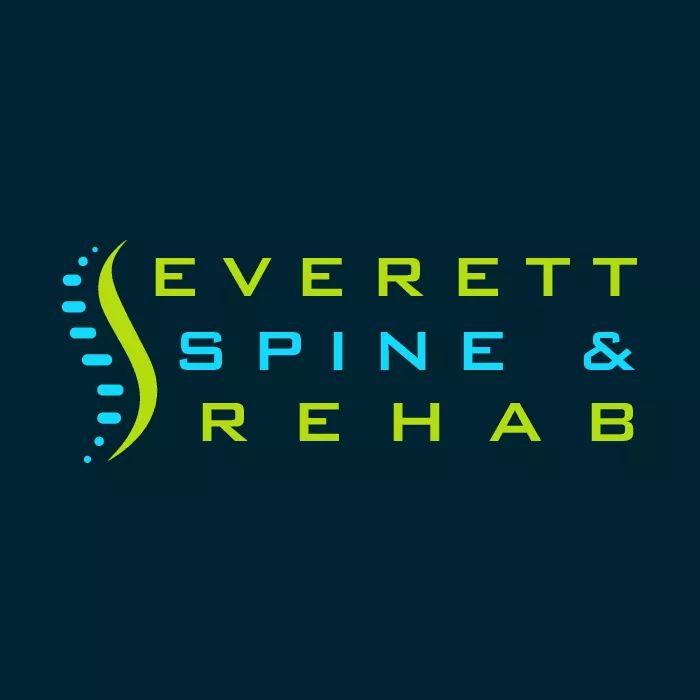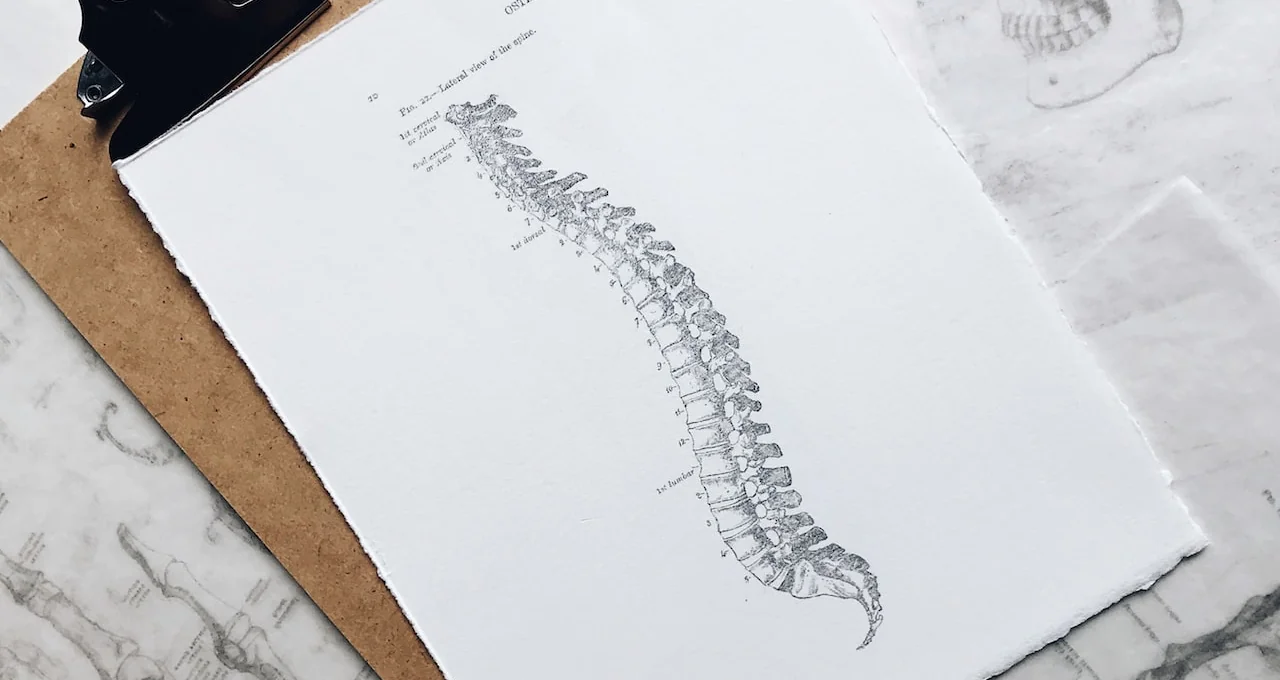What to Look Out For After a Car Accident
Getting into an unexpected car accident can be a life-altering experience that shakes us to our core. In an instant, the normalcy of our daily commute can give way to chaos and uncertainty. While the immediate concern often revolves around vehicle damage and insurance claims, it’s crucial to remember that the aftermath of a car accident can pose significant health dangers, both apparent and hidden. In this article, we will delve into the importance of prioritizing our well-being in the wake of such an incident, shedding light on the potential physical and psychological consequences that may arise, and offering guidance on how to proceed.
Car accidents can result in various hidden health issues that may not be immediately apparent but can be quite detrimental in the long run. Some common ones include:
Whiplash: Whiplash occurs when the head is suddenly jerked forward and then backward, straining the neck’s muscles and ligaments. Symptoms like neck pain, stiffness, headaches, and even cognitive issues may not manifest immediately but can become chronic if left untreated.

Concussion: A concussion is a mild traumatic brain injury that can occur when the head is jolted or struck during a car accident. Symptoms such as dizziness, confusion, memory problems, and headaches may not show up right away, and their severity can vary.
Post-Traumatic Stress Disorder (PTSD): The psychological impact of a car accident can lead to PTSD, which may not become apparent until days or weeks later. Symptoms can include flashbacks, nightmares, anxiety, and depression.
Soft Tissue Injuries: Injuries to muscles, tendons, and ligaments, often referred to as soft tissue injuries, can develop over time. These injuries may initially present as minor discomfort but can worsen without proper treatment.
Internal Injuries: Internal injuries, such as bleeding or organ damage, may not show immediate symptoms but can be life-threatening if not diagnosed and treated promptly.
Delayed Pain: Pain from injuries to the back, shoulders, or hips may not be felt immediately due to the body’s adrenaline response after an accident. However, this pain can emerge days or even weeks later and may require medical attention.
Emotional and Psychological Trauma: Emotional distress, anxiety, and depression can develop gradually after an accident, impacting one’s overall well-being and quality of life.
Nerve Damage: Nerve damage may not be immediately evident but can result in numbness, tingling, or weakness in affected areas, requiring medical evaluation and treatment.
Internal Bleeding: Internal bleeding may not manifest externally but can lead to symptoms like weakness, dizziness, or swelling in the abdomen. It is a serious medical concern that needs immediate attention.
Spinal Injuries: Injuries to the spinal cord may not be immediately apparent, but they can result in paralysis or long-term mobility issues if not treated promptly.
Car Accident Rehabilitation in Everett, Wa
If you’ve been involved in a car accident, it is of paramount importance to prioritize your health and well-being. Seeking immediate medical evaluation by a doctor is essential, as they can accurately assess your condition and provide necessary treatment. In some cases, your doctor may refer you to specialists like chiropractors or physical therapists to address specific issues and aid in your recovery. Remember that your health is your most valuable asset, and seeking professional care is the first step towards a full and speedy recovery. If you live in Snohomish County, please consider calling Everett Spine and Rehab – we are a one-stop center for car and work injurie rehabilitation with chiropractic, massage and physical therapy services.
Sources:
Mayclinic.org
findlaw.com
healthcentral.com





